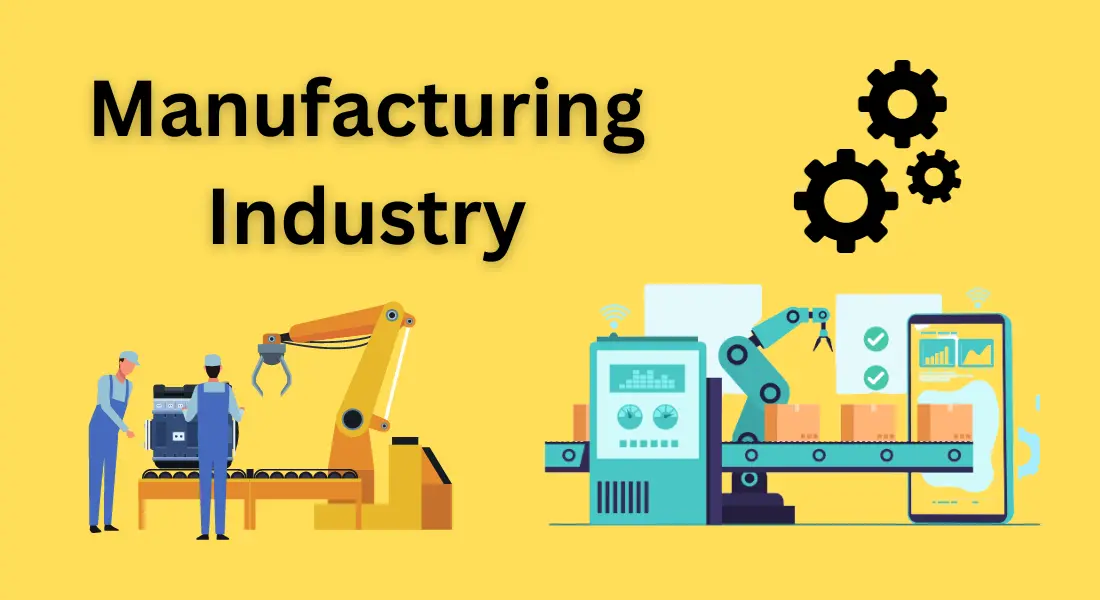Application of Actuators in the Manufacturing Industry

Electrical actuators have revolutionized the manufacturing industry by offering precise and efficient control over various industrial processes. These devices play a crucial role in automating and optimizing production lines, resulting in increased productivity, cost savings, and enhanced product quality. Here, we'll explore the implementation of electrical actuators in the manufacturing industry and their significant impact.
Robotic Automation: One of the most prominent applications of electrical actuators in manufacturing is in robotics. These actuators, such as electric motors and linear actuators, enable robots to perform tasks with exceptional accuracy and repeatability. Robots equipped with electrical actuators can handle tasks ranging from assembly and welding to material handling and packaging, reducing the need for human labor in potentially hazardous or monotonous tasks.
Precision Control: Electrical actuators offer precise control over various manufacturing processes. This precision is critical in industries like aerospace and automotive, where the accuracy of every component is paramount. For instance, electrical actuators are used in CNC (Computer Numerical Control) machines to precisely shape and finish mechanical parts, resulting in high-quality products.
Energy Efficiency: Compared to traditional hydraulic or pneumatic systems, electrical actuators are more energy-efficient. They consume electricity only when in use, eliminating the constant energy drain associated with hydraulic pumps. This not only reduces operational costs but also lowers the environmental impact of manufacturing processes.
Maintenance & Reliability: Electrical actuators are known for their reliability and low maintenance requirements. They have fewer moving parts compared to hydraulic systems, which reduces the likelihood of breakdowns. This reliability translates into less downtime and increased overall equipment effectiveness (OEE).
Adaptive Manufacturing: In today's competitive manufacturing landscape, the ability to quickly adapt to changing production requirements is crucial. Electrical actuators facilitate adaptive manufacturing by allowing for easy reprogramming and reconfiguration of automated systems. This flexibility is invaluable for manufacturers producing a wide range of products or dealing with frequent design changes.
Data Integration: Modern electrical actuators often come equipped with sensors and communication capabilities. This allows them to collect and transmit data about their performance and the manufacturing process. Manufacturers can leverage this data for real-time monitoring, predictive maintenance, and process optimization, ultimately improving product quality and reducing costs.
Safety: Electrical actuators contribute to a safer working environment in manufacturing. Unlike hydraulic systems, there is no risk of hydraulic fluid leaks, and electrical systems can be quickly shut down in emergency situations. This enhances the overall safety of the manufacturing floor.
The implementation of electrical actuators has transformed the manufacturing industry by enabling greater automation, precision, energy efficiency, and adaptability. These devices are instrumental in achieving higher productivity, improved product quality, and a safer working environment. As technology continues to advance, electrical actuators will likely play an even more significant role in shaping the future of manufacturing.